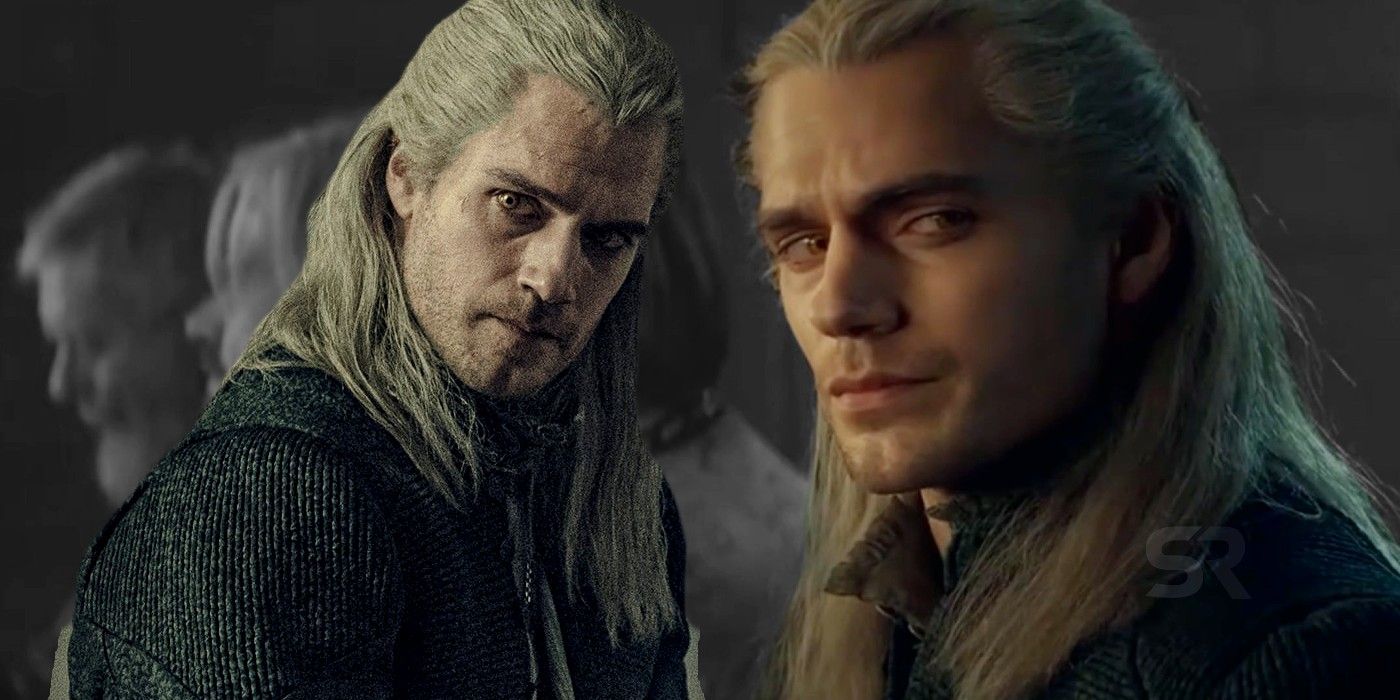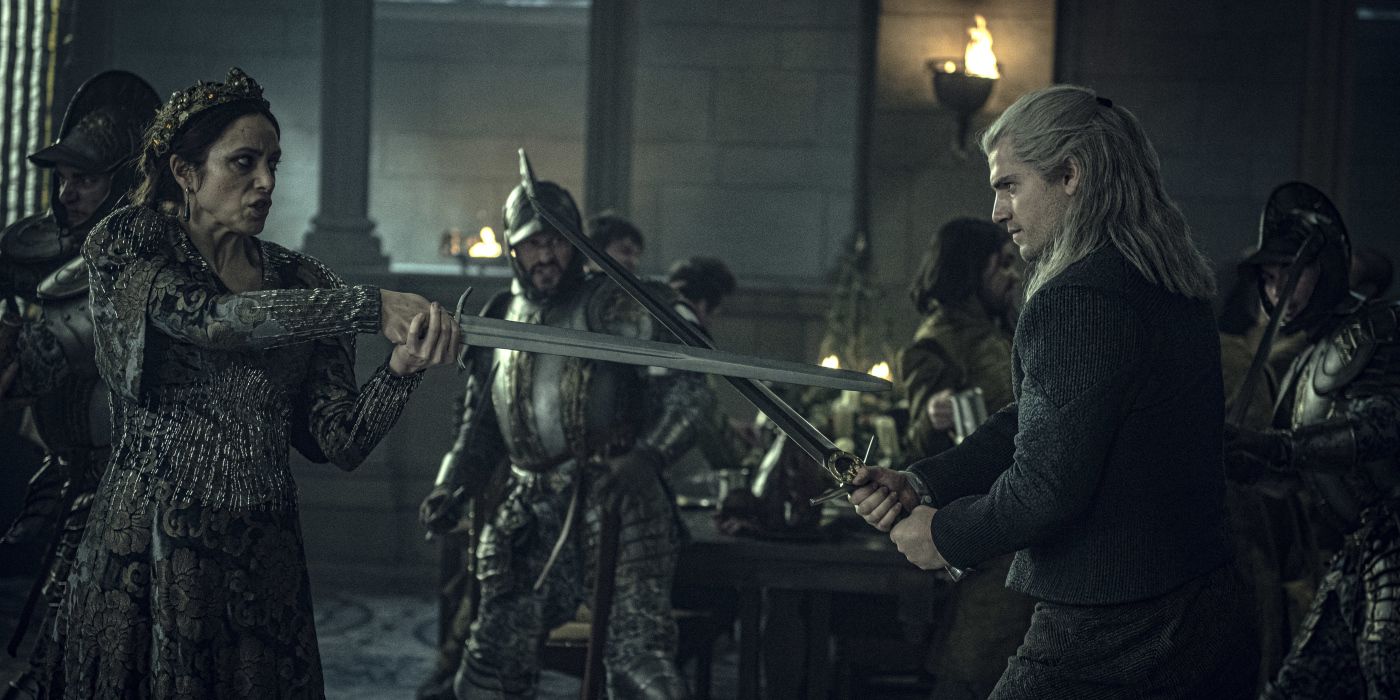The first season of Netflix’s The Witcher featured the Law of Surprise, dedicating an episode to it and how it impacted Geralt’s life, but that particular story was the most difficult to write. The Witcher is based on the book series of the same name by Andrzej Sapkowski, and made its debut on Netflix in December 2019. The streaming giant knew what it had with it, and renewed it for a second season before the series premiered.
The particularity of Netflix’s The Witcher is that it has three main characters and it follows their individual stories in a non-linear style, jumping between past and present with no warning. Those characters are the titular witcher, Geralt of Rivia (Henry Cavill), sorceress Yennefer of Vengerberg (Anya Chalotra), and Ciri (Freya Allan), the crown princess of Cintra. Their paths converged at the end of the season, and viewers learned that Geralt and Ciri share a special bond, as they are bound by the Law of Surprise, which is a practice used quite often in the world of The Witcher, but it’s not an easy one to bring to television.
Netflix surprised its users with a special behind-the-scenes short documentary titled Making The Witcher, which takes a look at how Sapkowski’s characters and stories were brought to life. The documentary includes interviews with showrunner Lauren Schmidt Hissrich, the cast, producers, and the writers – and with them come some revelations. When talking about the process of writing the episodes of The Witcher, Declan de Barra shared the rest of the writers were relieved when they weren’t assigned to write the Law of Surprise story, and he later learned why. De Barra explained that it was a difficult story to adapt as it’s not an easy concept to explain, and he found a way to include it in the episode without creating confusion (and frustration) with the actors.
The Law of Surprise is addressed in episode 4, “Of Banquets, Bastards and Burials”, where Geralt saves Duny when Queen Calanthe tries to kill him for demanding her daughter Pavetta’s hand through the Law of Surprise. As a way to show his gratitude, Duny insists Geralt takes a reward, and he jokingly invokes the Law of Surprise – but just a few seconds later, everyone learns that Pavetta is pregnant with Duny’s child, and thus their child, Ciri, will be Geralt’s. The Law of Surprise is a very old custom, which basically means that those who invoke it will take whatever the other person didn’t know they had when they left, which as explained by King Eist (Björn Hlynur Haraldsson) can be a crop, a newborn pup, or a child of surprise. Geralt claimed that which Duny already had but didn’t know, thus why he’s bound to Ciri.
In the end, De Barra managed to include a brief yet clear explanation of the basics of the Law of Surprise through King Eist, which makes it easy for viewers to follow that very important part in Geralt and Ciri’s stories. Surely, adapting The Witcher’s extensive mythology to TV is not an easy task, but the writers can continue expanding on those already introduced in future seasons, such as the Law of Surprise and it’s variants.


